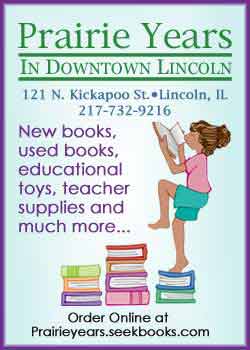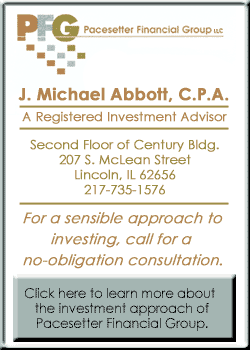|
Over
22 million people in the United States suffer from some type of
hearing impairment. The advocacy group Self Help for Hard of
Hearing People (SHHH) has teamed up with author Anne Pope to
publish an important book on this medical condition.
"Hear" has been written as a collaborative effort to
provide advice to and guidance for persons who are experiencing a
transition in their auditory perception.

Pope’s
book, according to Donna Sorkin of SHHH, "reflects our
philosophy, which is that with information and understanding,
hard-of-hearing people and their families can overcome the
challenges that hearing loss presents and maintain productive
lives in the mainstream." The author speaks from personal
experience in the book; in fact, she calls it "the book I
tried to find when hearing became hard for me."
The
book’s eight chapters begin with the workings of the human ear
and conclude with advice for family, friends and the future. In
between is a wealth of valuable information that can help a person
make the adjustment from hearing to hearing loss.

Chapter
2, "What Can Go Wrong," describes the different kinds of
hearing loss, their causes and the tests that can be taken to
correctly diagnose the problem. Chapter 3, "Living With
Hearing Loss," offers support and strategies for coping with
this life-changing experience. Practicing new communication
techniques, learning patience, seeking out other hard-of-hearing
people and knowing when to ask for help are part of the process.
New
advances in hearing technology are described in Chapter 4,
"Hearing Aids." Hearing aid styles, purchases and
maintenance are carefully explained. One of the most dramatic
improvements in recent years is the cochlear implant. According to
Pope, a cochlear implant "is a surgically implanted
electronic device that can enable people with profound hearing
loss to hear and understand sound again." As with any medical
procedure of this nature, Pope reminds the reader that, although
minimally invasive, the cochlear surgery requires a general
anesthetic and can cause minor or temporary complications.

[to
top of second column in this review]
|

Perhaps
the most important part of the book is found in Chapter 6,
"Learning New Skills." Making the adjustment to life with
a hearing impairment includes developing new habits and skills.
Skills such as listening, training with an audiologist and speech
reading must be cultivated to enhance the hearing experience.
One
overlooked aspect of hearing impairment is the effect of stress and
fatigue on a person. Chapter 7, "Managing Your Stress and
Fatigue," gives tips on these undesirable byproducts of hearing
impairment. Exercise, proper sleep and nutrition, relaxation
techniques, and listening to your body help a person overcome these
effects. In one of the book’s many personal interviews with
hearing impaired persons, Pope quotes a successful banker named
Frank who shares his secret for relieving stress and tension:
"When I realize that my mind is tired, I’ll pull back from
the conversation. I’ll give myself permission not to listen for a
few minutes."

"Hear"
is an essential source of information for anyone with a hearing
impairment. The book contains a useful resources guide with listings
on hearing awareness groups, professional referrals, assistive
devices and procedures, and published information. A glossary of
terms used in the book and an index of the contents is also
included.
In
describing her own experience with hearing impairment, Pope writes
that "meeting other people who are hard-of-hearing, and
learning their tricks of the trade, has helped me to understand my
hearing loss and make the most of the hearing I have left. This book
can do the same for you."

"Hear"
is highly recommended for anyone who has a hearing impairment or is
acquainted with someone who is affected by this condition.
For
more information, visit the Public Library at 725 Pekin St. or call
217-732-8878.
[Richard
Sumrall, Lincoln Public Library District]

|

